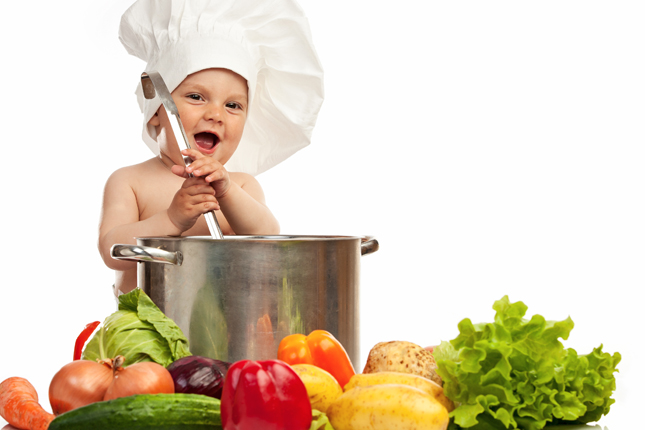
Nutrition Tips for the Breastfeeding Mom
We know proper nutrition is important for breastfeeding moms, but what exactly does a well-balanced diet look like? What specifically should we be looking for or avoiding in our food? And what effect does this have on our milk supply and keeping a postpartum mom healthy?
Featured Expert
-

Sara Vance
Nutritionist
Read Bio >









